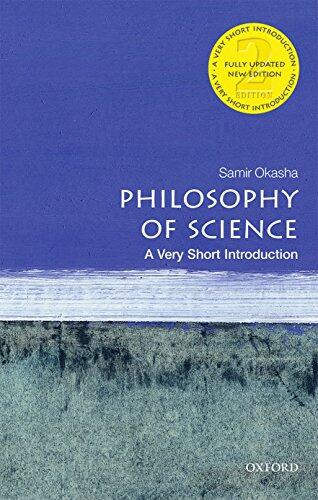
Philosophy of Science: A Very Short Introduction
还没有评分
Religion & Spirituality
Science & Technology
History
+1
more
格式
平装书
页数
160
语言
英语
已发布
Sep 28, 2016
出版商
Oxford University Press
版本
2
ISBN-10
0198745583
ISBN-13
9780198745587
描述
Samir Okasha delves into the captivating world of contemporary philosophy of science, presenting a concise exploration that appeals to both novices and seasoned scholars. This updated edition brings forward the key themes that have shaped current discourse, effectively bridging complex ideas with accessible language. Readers are invited to ponder fundamental questions surrounding the nature of scientific inquiry, the essence of scientific methods, and the implications of scientific discoveries for society.
Okasha's engaging narrative sheds light on the philosophical underpinnings that influence scientific practice and understanding. It encourages a critical examination of issues such as theory change, the role of experimentation, and the significance of explanation and understanding in science. Throughout, he emphasizes the dynamic interplay between philosophy and the empirical world, demonstrating how philosophical perspectives inform and challenge scientific endeavors.
As readers traverse the rich landscape of these discussions, they gain insight into the evolving relationship between science and philosophy. This thoughtful examination ultimately inspires a deeper appreciation for the philosophical dimensions of the scientific enterprise, prompting reflections on what it means to know and understand the world through a scientific lens.
Okasha's engaging narrative sheds light on the philosophical underpinnings that influence scientific practice and understanding. It encourages a critical examination of issues such as theory change, the role of experimentation, and the significance of explanation and understanding in science. Throughout, he emphasizes the dynamic interplay between philosophy and the empirical world, demonstrating how philosophical perspectives inform and challenge scientific endeavors.
As readers traverse the rich landscape of these discussions, they gain insight into the evolving relationship between science and philosophy. This thoughtful examination ultimately inspires a deeper appreciation for the philosophical dimensions of the scientific enterprise, prompting reflections on what it means to know and understand the world through a scientific lens.